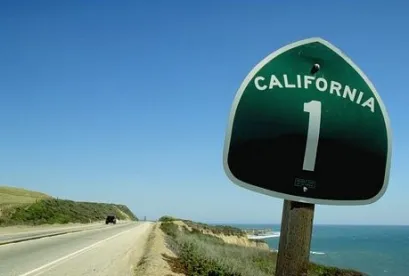The California State Assembly is considering Assembly Bill 2280, which would launch a much-anticipated opportunity for businesses to report unclaimed property to California – interest-free – under an amnesty program.
Unclaimed property is a regulatory challenge for businesses in every industry and commonly results when company financial obligations remain unsatisfied or inactive for a legally defined period.
The unclaimed property is often owed to vendors, employees, customers, or shareholders stemming from ordinary business transactions, including:
-
accounts receivable credits
-
bank and investment accounts
-
gift cards
-
royalties
-
securities and dividends
-
uncashed payroll and vendor payments
-
virtual currencies
California has tried passing voluntary compliance legislation since its amnesty program expired several years ago, but has been unsuccessful. The sleeping giant has again awakened.
Any company with operations in California, with California-formed entities, or with customers, vendors, or employees in California should proactively evaluate its unclaimed property compliance and monitor this legislation carefully.
Every state’s law requires companies to report unclaimed property to the state annually, yet compliance rates are low nationwide. AB 2280 estimates that 1.3 million California tax-filing businesses did not correctly report unclaimed property in 2020. To close this compliance gap, California and most other states regularly audit companies to identify unreported unclaimed property. Such audits often involve detailed reviews of company accounting records for 10 or more years by third-party auditors on behalf of numerous states.
Currently, California imposes 12 percent annual interest on any past-due unclaimed property identified, which likely deters annual compliance, with companies electing to wait for the state to authorize an audit rather than pay the interest assessment. The new bill aims to fix that.
Under AB 2280, California’s Controller is authorized to establish a voluntary disclosure agreement (VDA) or voluntary compliance program for any company that:
-
is not currently under examination by California
-
is not involved in a civil or criminal action involving unclaimed property compliance
-
has not been notified of an unclaimed property interest assessment or negotiated a waiver of interest in the last five years
The proposed law would allow the state to forgive the interest if the company:
-
participates in an educational training program
-
reviews accounting records for unclaimed property for 10 years
-
makes sufficient efforts to reunite property with owners
-
timely files initial reports and remits all identified unclaimed property for the 10 years
The bill may be heard in committee March 19 and it is unclear whether this legislation will become a reality. AB 2280 is not California’s first voluntary disclosure effort. California had a temporary unclaimed property amnesty program in the early 2000s, and the State Assembly declined to advance voluntary disclosure program legislation in February 2018.
Notably, even if AB 2280 successfully becomes law, the voluntary compliance program is contingent upon the legislature appropriating funds in the Budget Act.
Beyond AB 2280, California is ramping up other efforts to drive unclaimed property compliance:
-
In the 2019 California Budget Act, the State Controller’s Office was tasked with increasing unclaimed property compliance, including through adopting an unclaimed property amnesty program; it’s unclear whether this particular bill satisfies that task or if there is more to come
-
In July 2021, California’s governor approved and signed into law Assembly Bill 466, which authorizes the Franchise Tax Board to share information with the Controller’s
Office regarding the taxpayer’s revenue and previous unclaimed property compliance (or lack thereof). This development is notable because revenue and reporting history detail is often used by states to identify companies for unclaimed property enforcement initiatives.
Voluntary compliance programs and VDAs that include an interest abatement are a common-sense incentive for voluntary compliance for states, and the advantages for companies merit thoughtful consideration.






 />i
/>i

